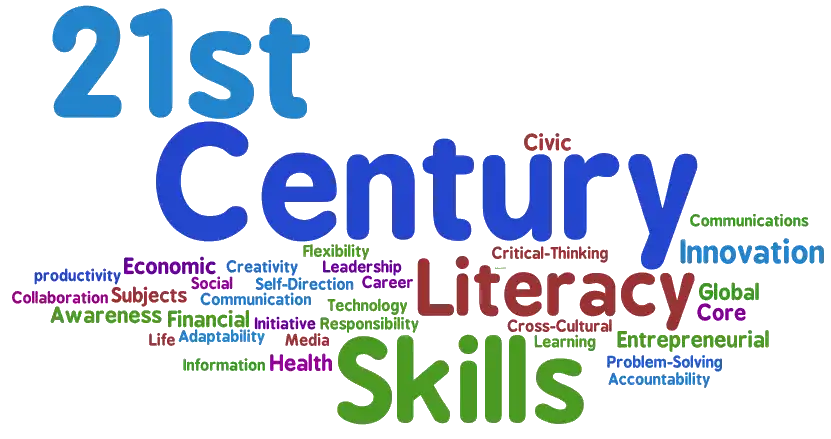The outcome-based question paper setting ensured fair and systematic assessment of students by aligning each question with the defined Course Outcomes (COs) and Program Outcomes (POs). The Event provide balanced coverage of the syllabus, addressed various levels of Bloom’s taxonomy, and evaluated both basic understanding and higher-order skills. This approach helped in measuring the attainment of learning outcomes effectively and offered insights for continuous improvement in teaching and curriculum design.
The question paper was framed based on the principles of Outcome-Based Education (OBE), ensuring that every question was systematically mapped to the Course Outcomes (COs) and Program Outcomes (POs).
The paper was designed to cover all major units of the syllabus with balanced weightage, addressing different levels of Bloom’s taxonomy from basic recall to higher-order analytical and problem-solving skills.
This approach provided a fair and transparent evaluation system that measured the attainment of intended learning outcomes effectively. The analysis of student performance highlighted the achievement of COs and identified areas that require further improvement in teaching and learning practices. Overall, the outcome-based question paper setting not only supported academic rigor but also contributed to the continuous improvement of the curriculum and assessment process.
21st Century Engineering College in Coimbatore
World is transforming everyday. In the rapidly evolving engineering landscape, we have an Increased responsibility to transform the engineering education from traditional curriculum to meet the 21st century skills like Creativity, Critical Thinking, Collaboration and Communication. Through our unique and strategic approach we enable our students to learn beyond and prepare them for life long success.
